Getting a headache during or after exercise can be seriously frustrating – especially if you have kept hydrated to try and stop them from happening.
But why do these headaches occur? And does keeping hydrated make any difference?
What are exercise headaches?
Exercise headaches (also known as “exertional headaches”) are exactly what they sound like: headaches that occur either during, or after, exercise.
French doctor Jules Tinel first reported these headaches in the medical literature in 1932 and they’ve been a regular point of discussion since.
Exercise headaches commonly present as a throbbing pain on both sides of the head. They most often occur after strenuous exercise – although what is considered “strenuous” can differ between people, depending on their fitness levels. They can last anywhere from a few minutes to a couple of days.
Exercise headaches are thought to impact about 12% of adults, although this number varies from 1% all the way up to 26% across individual studies.
In most circumstances, these headaches are harmless and will resolve on their own, over time. Some research suggests you will stop getting them after a few months of starting a new type of workout.
But while they are usually harmless, they can sometimes signal an underlying condition that requires medical attention.
What causes exercise headaches?
Despite a good amount of research looking at exertional headaches, we don’t know their exact cause, but we do think we know why they occur.
The leading theory suggests they are caused by changes in blood flow to the brain. During intense exercise, blood vessels in the brain dilate, increasing blood flow and pressure, leading to pain.
Because long-term exercise improves our cardiovascular health, including our ability to dilate and constrict our blood vessels, this theory makes sense when we consider that exercise headaches tend to resolve themselves over time. This might explain why research suggests fitter people are less likely to get exercise headaches.
People with migraines appear more likely to experience exercise headaches, which are thought to be caused by this same mechanism.
Does heat and dehydration cause exercise headaches?
There is evidence suggesting that exercise headaches are more likely to occur in the heat.
Your brain cannot dissipate heat by sweating like the rest of your body can. So when it’s hot, your body has to increase blood flow to the brain to help bring down its temperature, which can increase pressure.
ME Image/Shutterstock
Similarly, exercise headaches also seem to get worse, and occur more often, when people are dehydrated.
However, we are not sure why this happens. Some research has shown that dehydration results in increased strain during exercise. As such, dehydration might not necessarily cause the headache, but make it more likely to occur.
Red flags: when to see a doctor
Most exercise headaches resolve themselves after a few hours and result in no lasting negative effects.
In some rare instances, they could be sign of something more serious occurring in the brain, such as a subarachnoid haemorrhage (a bleed between the brain and the tissues that cover it), reversible cerebral vasoconstriction syndrome (a spasming of blood vessels), cervical artery dissection (or tear), intracranial hypertension (pressure in the brain), or an infection.
See a doctor to rule out anything serious if:
- it’s your first exercise headache
- the headache is severe and sudden (also known as a thunderclap headache)
- it’s accompanied by other symptoms such as vision changes, confusion, or sensations of weakness
- you experience a stiff neck, nausea, or vomiting with your headache
- it lasts for more than 24 hours and doesn’t seem to be getting better.
Can you prevent exercise headaches?
There is no surefire way to prevent exercise headaches.
But a recent review suggests that ensuring you’re adequately hydrated and gradually warm-up to your desired exercise intensity can make them less likely to occur.

Gorgev/Shutterstock
Beyond this, you may wish to keep your exercise intensity in a light-to moderate range for a couple of months. This will give your cardiovascular system some time to adapt before trying more strenuous exercise, hopefully reducing the likelihood of getting exercise headaches at all.
Exercise headaches are annoying, but are generally harmless and should subside on their own over time.
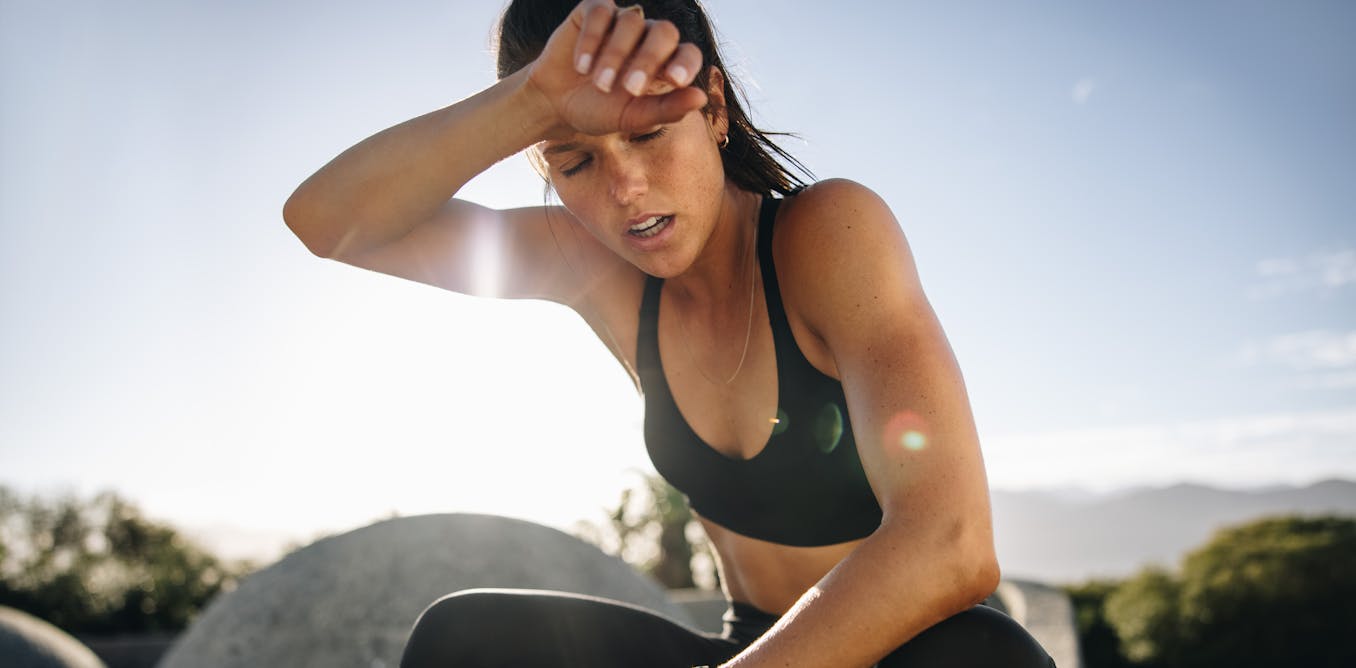
The post “Why do I get headaches when I exercise, even when I drink lots of water?” by Hunter Bennett, Lecturer in Exercise Science, University of South Australia was published on 04/01/2025 by theconversation.com





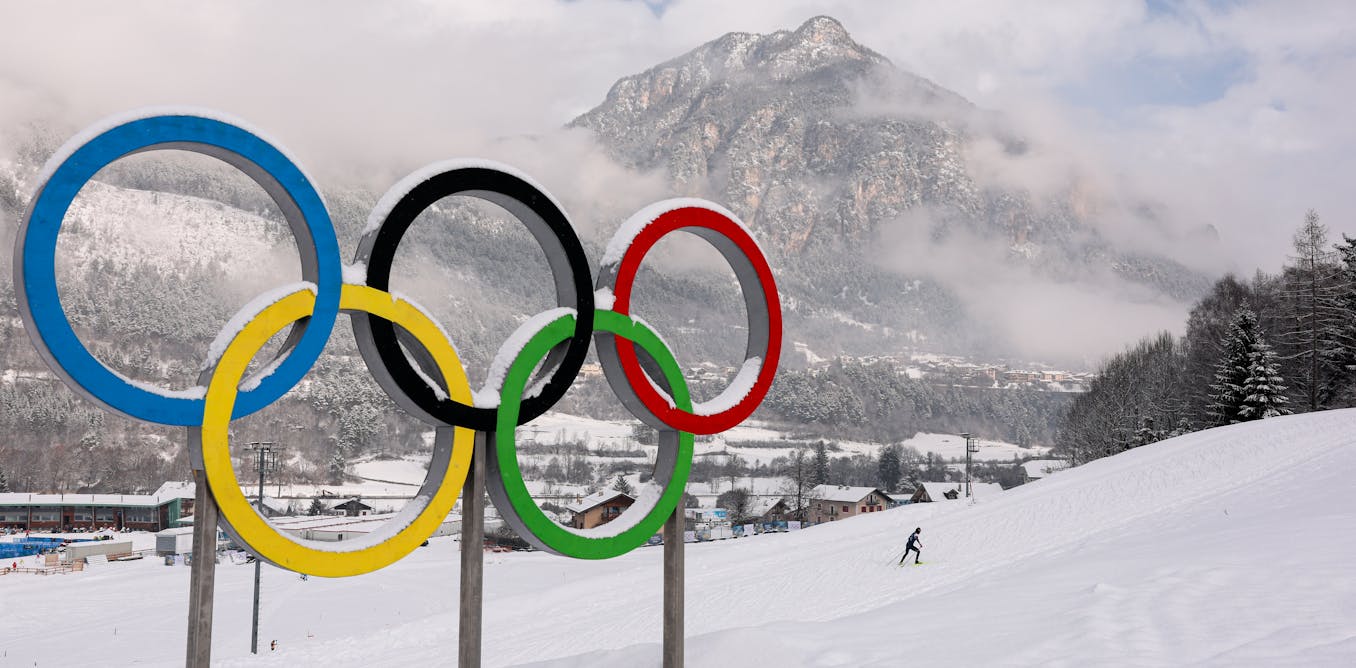




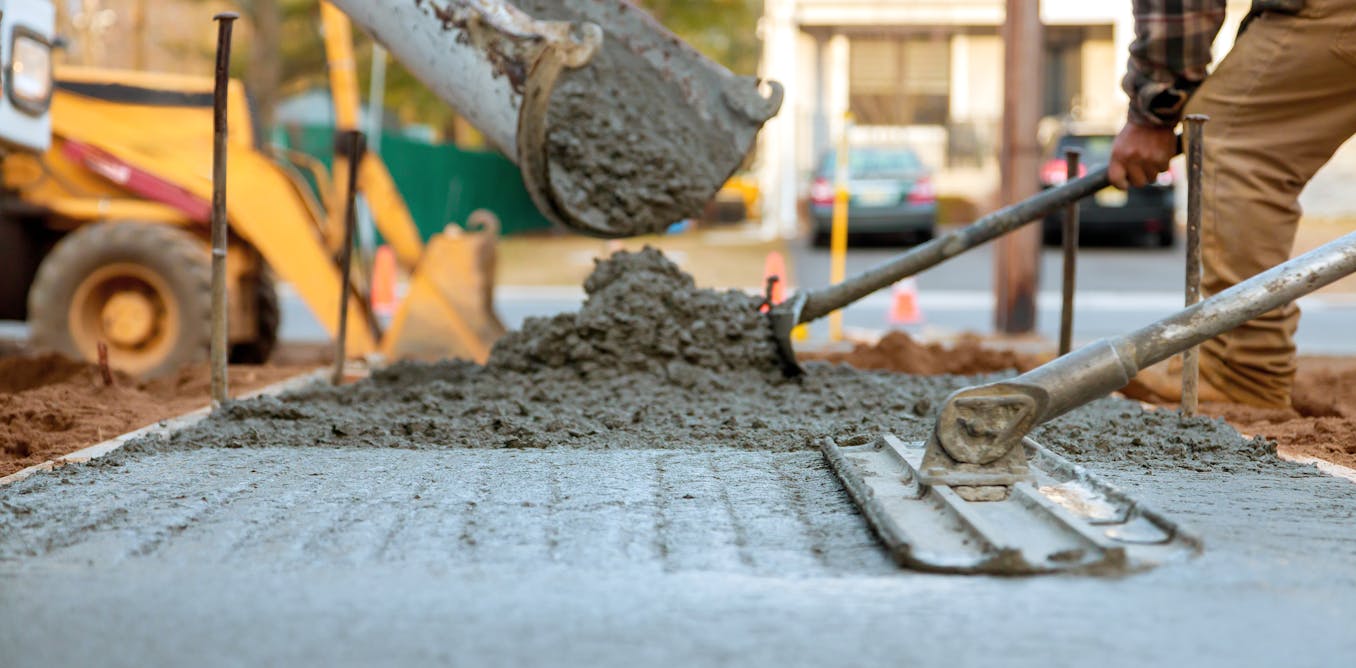




















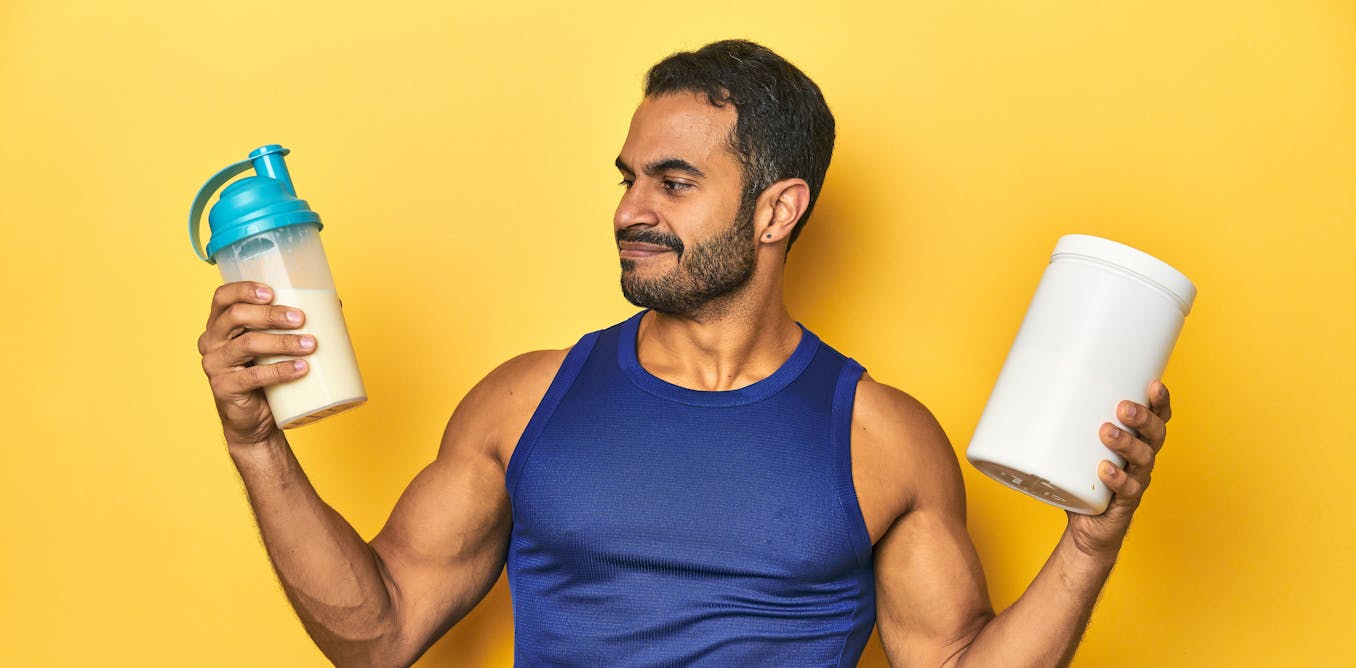


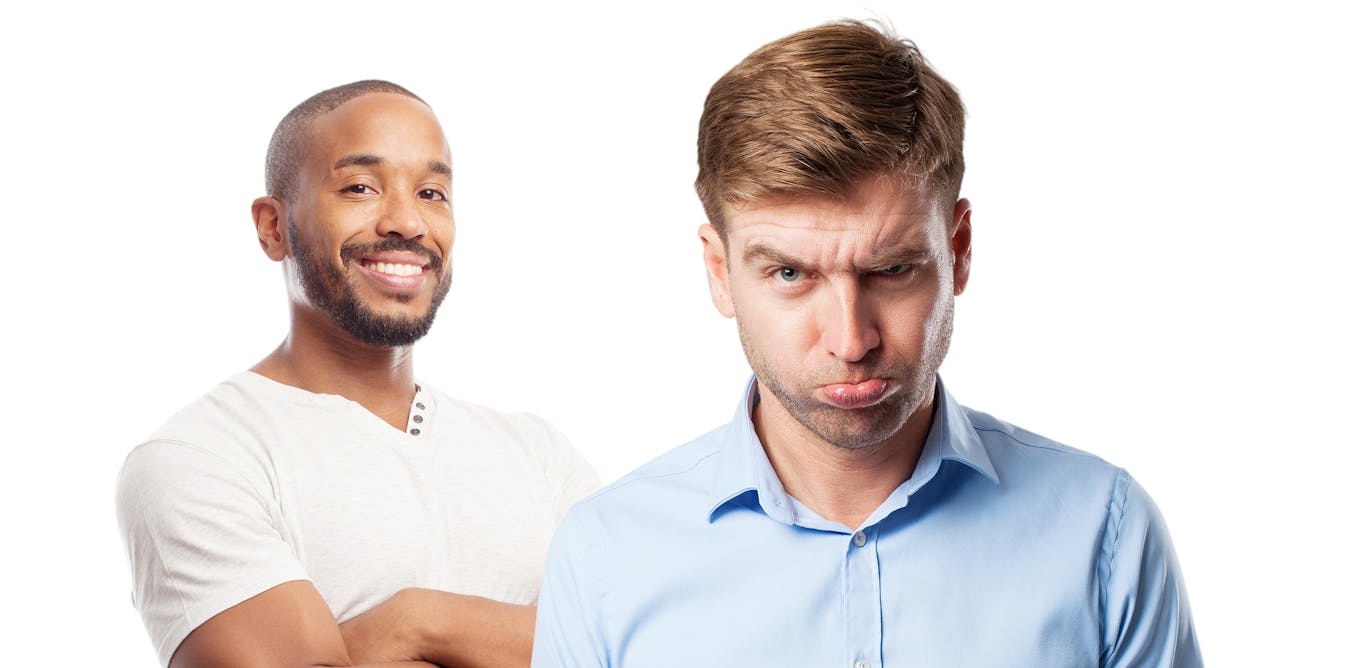


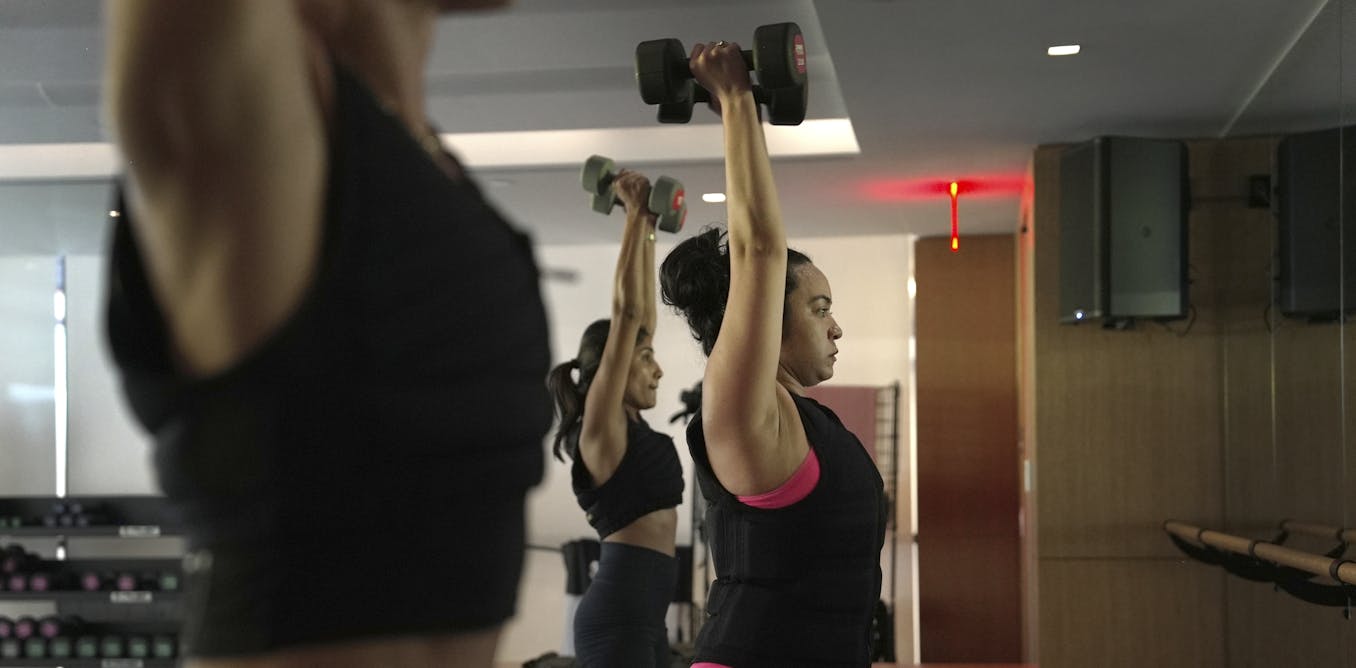
Leave a Reply